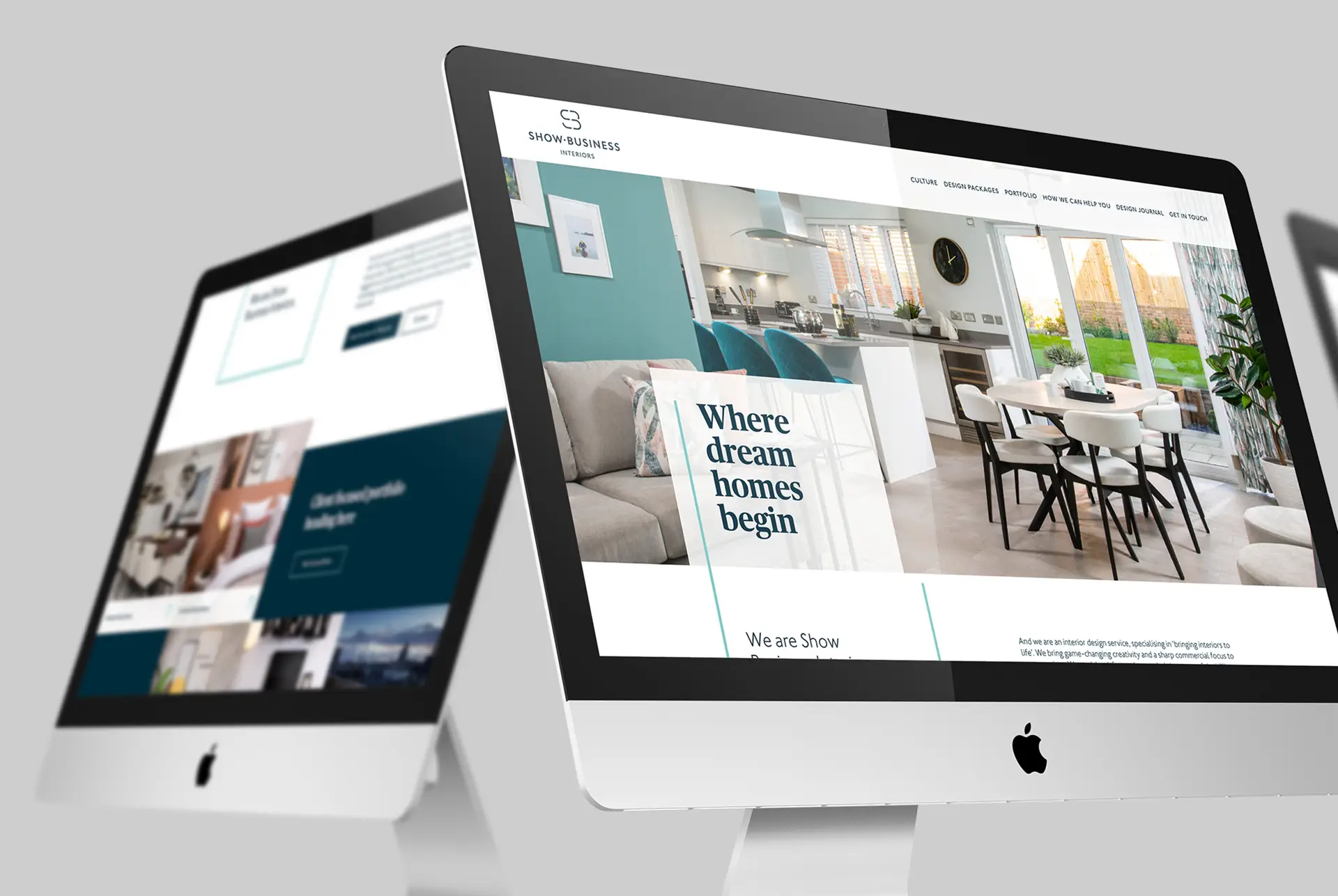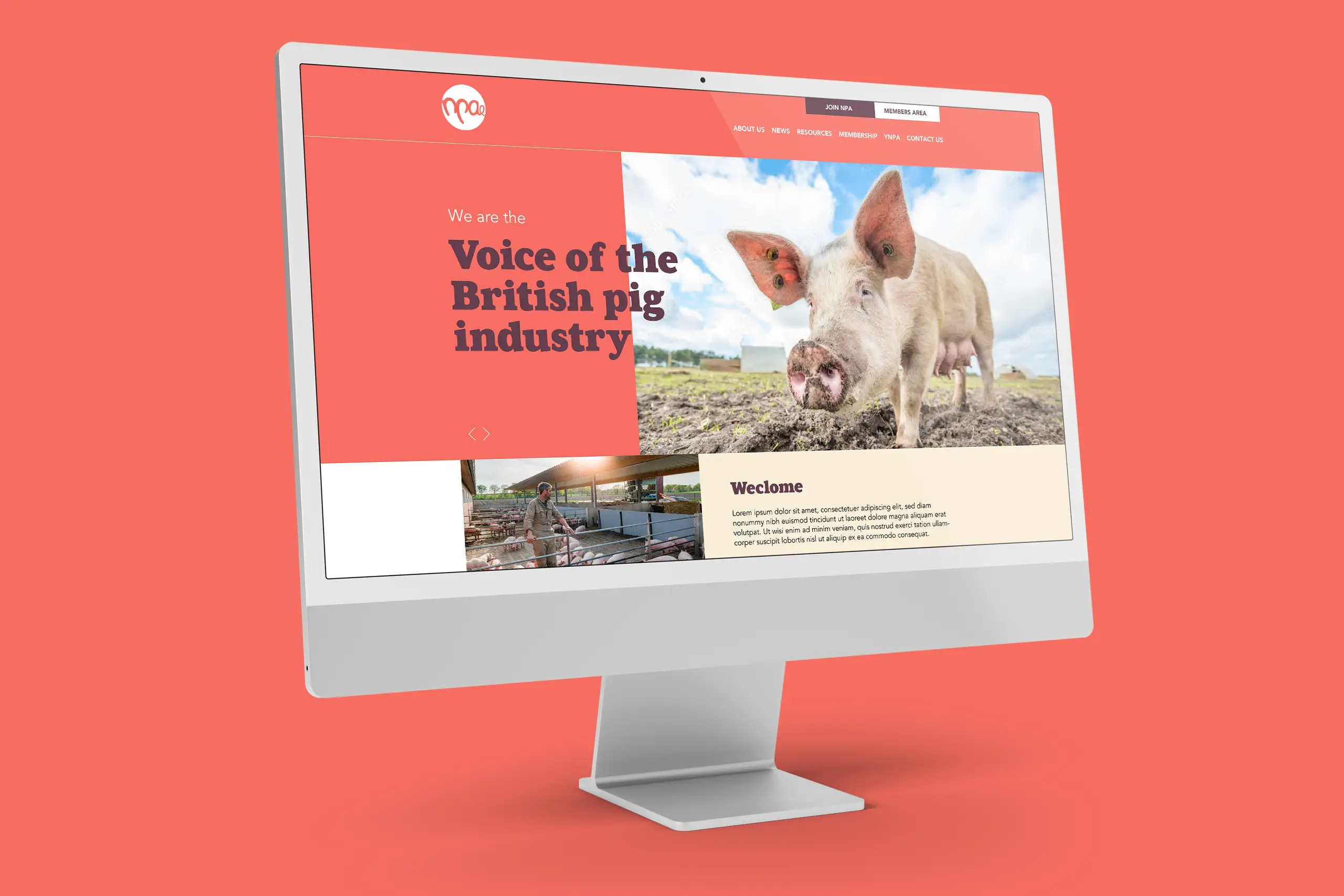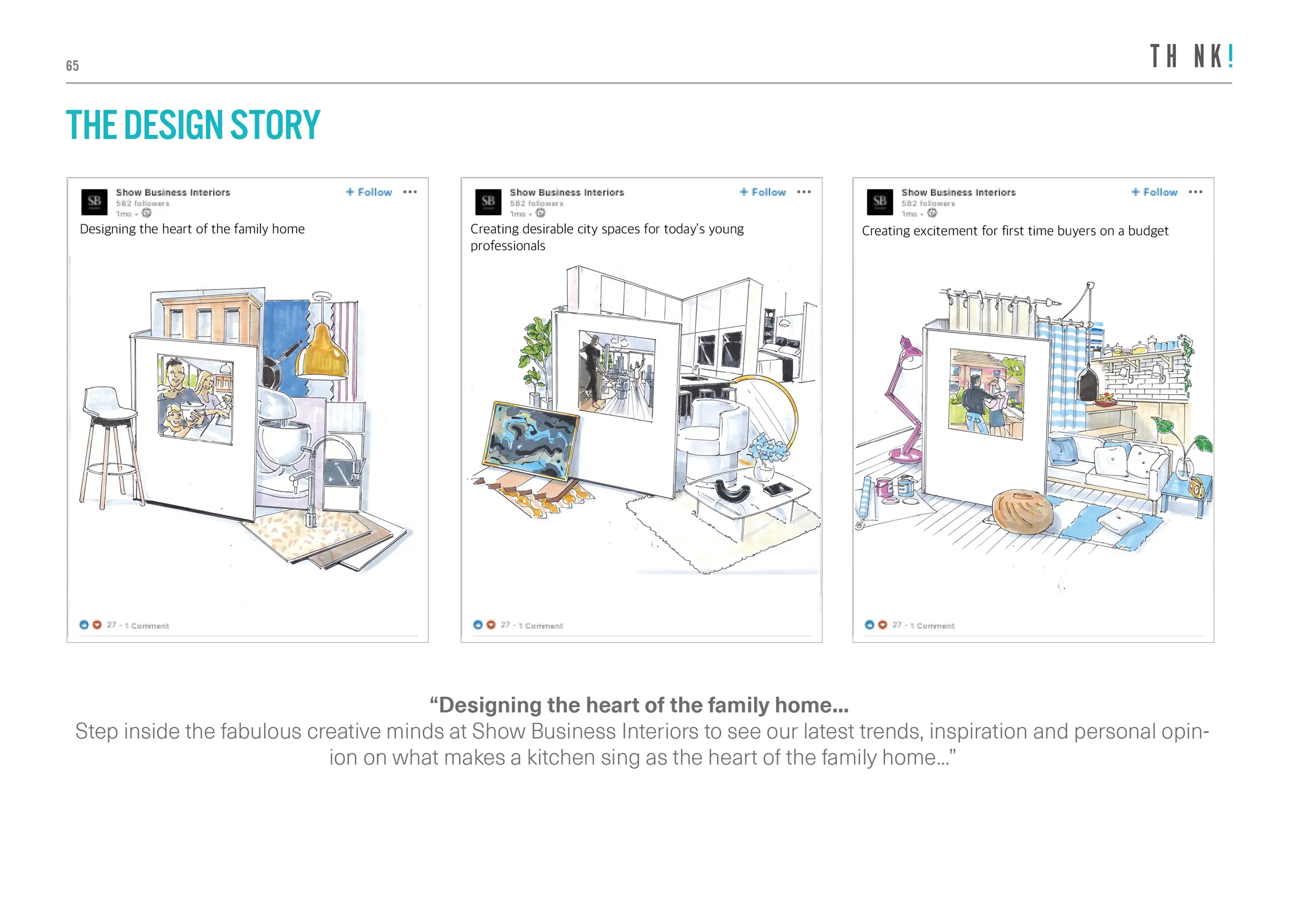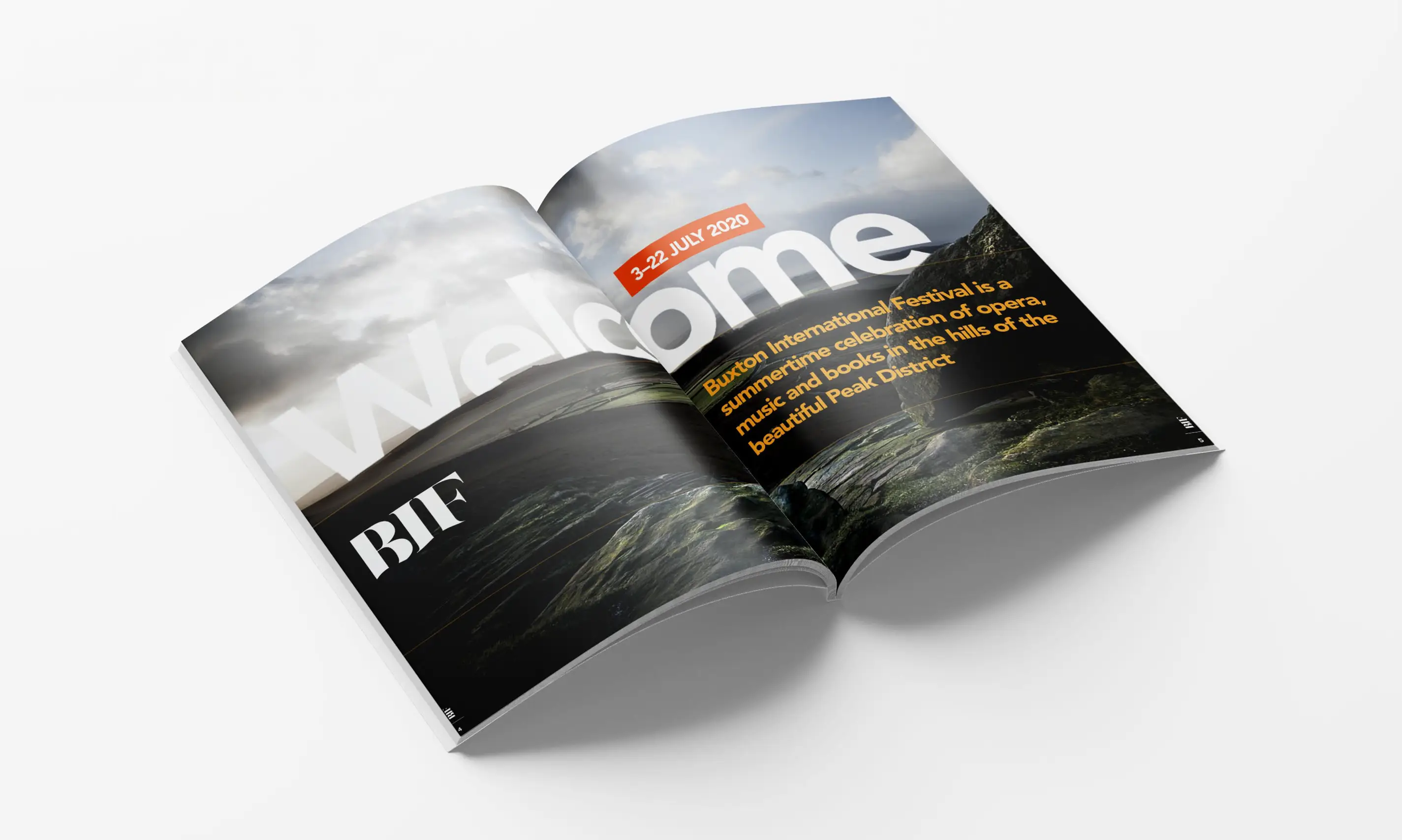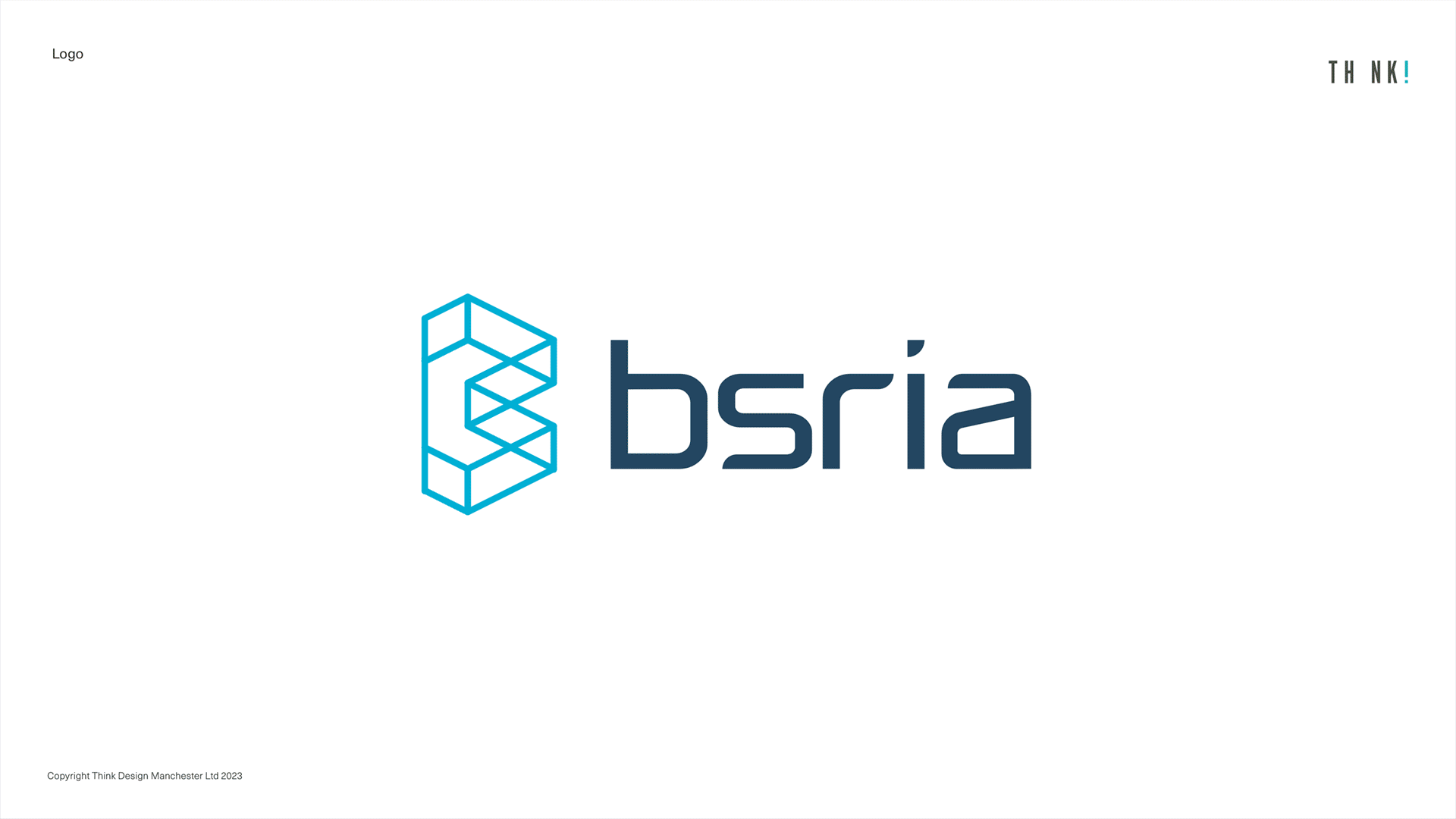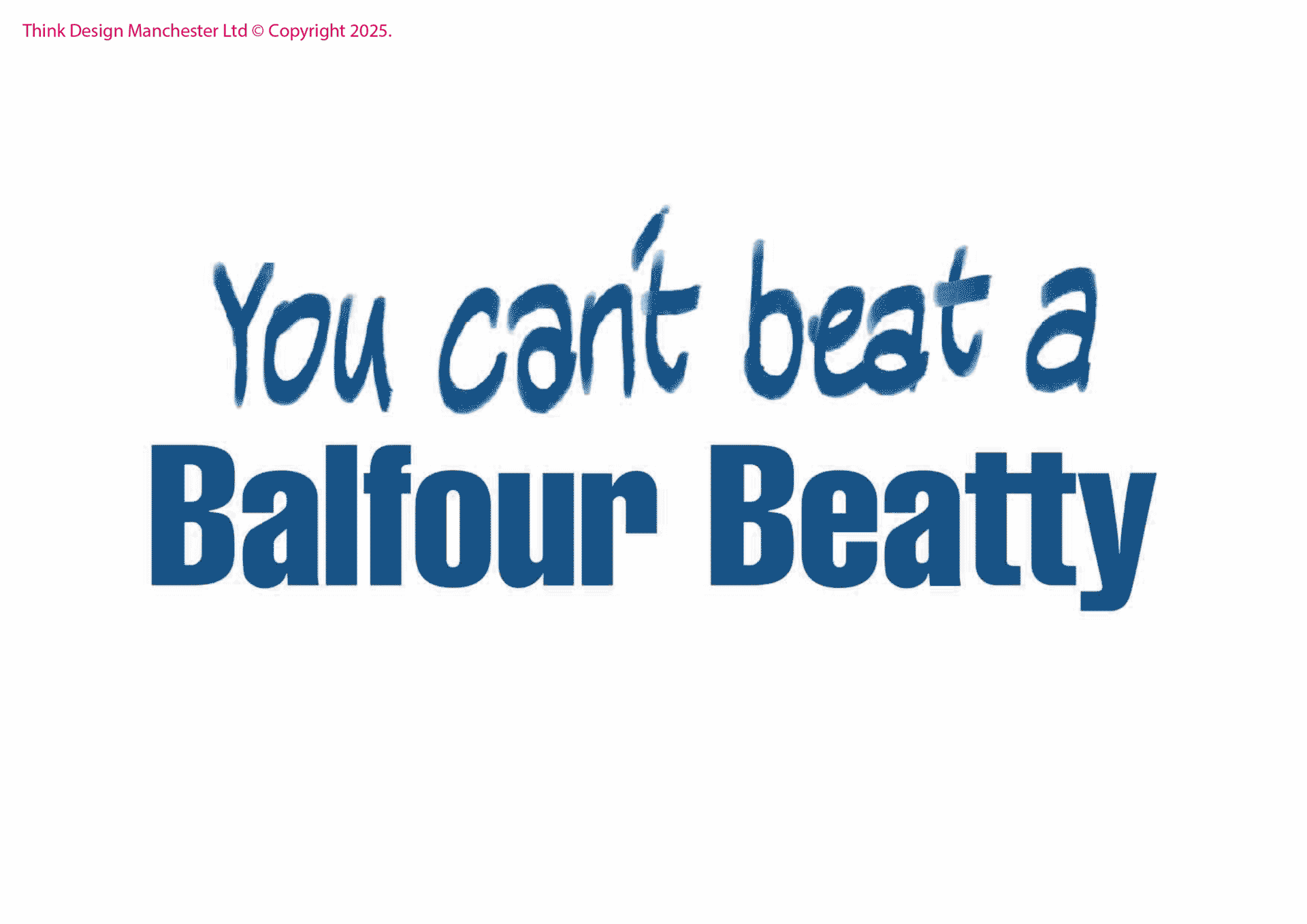After 28 years working in the creative sector, it still amazes me how the world of design operates.
I first came across the concept of pitching whilst studying at Manchester Metropolitan University. We were being mentored by a couple of lovely people from McCann Erickson in Manchester. I vividly remember them coming in for us to present our project ideas. They looked exhausted.
They explained that they had been working all night to prepare a pitch for the morning.
At the time, it sounded exciting.
> Below shows just a handle of logo designs from pitches or projects that never say the light of day.
Why we say ‘no’ to spec work
These days, my reaction to being asked to pitch is one of surprise, sometimes disbelief. So much so, we now have a company policy: we no longer participate in unpaid creative pitches.
This isn’t a knee-jerk stance or a ‘rant.’ It’s the product of years of lived experience and a clear commitment to better business practice. As signatories to the Pitch Positive Pledge, we believe the industry can do better – for agencies and clients alike.
From an agency point of view, pitches take a vast amount of time, resources and financial commitment, with no guarantee of work, all the risk and no remuneration.
Also, too often, we’ve seen:
- Ideas resurface elsewhere after ‘unsuccessful’ pitches.
- Projects shelved despite extensive upfront creative.
- Disqualification for arbitrary reasons like ‘insufficient sector experience,’ ‘your agency is too small’ or ‘you were outside of our budget’, with no clarity on budget in the first place.
This is not a sustainable model for any business, especially in a climate of shrinking budgets and heightened demands.
The commercial reality
Let’s put some numbers on it.
Say a brief for a rebrand comes in, asking for: five logo options, a positioning statement and execution across website, exhibition and social channels.
Now let’s conservatively allow a week for a response. For quality creative, you’d expect at least three designers – including a creative director – working for three days. That’s nine studio days. At £600 a day, that’s over £5,000 of unbillable time.
Even if successful, against a typical rebrand budget of £20k, that’s 25% of the project value spent upfront, with no contract, no guarantee and no compensation.
Now scale that across multiple pitches in a year. It’s simply not sustainable for large agencies, let alone independent studios.
The sustainability issue
There’s another hidden cost that often gets overlooked: the environmental impact of unnecessary pitching.
Every pitch creates wasted energy: countless hours on high-powered machines, endless video calls and file transfers, speculative decks uploaded and downloaded multiple times, mock-ups that will never be used. Multiply this across an industry where agencies are pitching weekly and the carbon footprint becomes significant.
For agencies like Think, who are proud to hold Carbon Balanced status, this matters. Wasting time and energy on speculative work runs counter to our Net Zero goals and undermines the progress we’ve made in balancing our impact.
Put simply: unnecessary pitching isn’t just bad for people and profits, it’s bad for the planet. If businesses are serious about sustainability, then commissioning and compensating work properly should be part of their environmental responsibility too.
The shift since Covid
Since the pandemic, pitch briefs have become even more demanding. Increasingly, clients ask agencies to respond not just with creative work but also full strategy and solutions to specific business problems.
In other words, they’re asking for the very work clients normally pay for. Strategy, insight, persona development, positioning. This is where value lies and requires weeks of dedicated time, energy and expertise.
To provide this for free undermines the entire client-agency relationship.
The Industry Speaks
We’re not alone in taking this stance.
- Agencies like Porto Rocha spearheaded the No Free Pitches petition, backed by thousands of creatives worldwide.
- Zulu Alpha Kilo’s “Say No to Spec” campaign gained global attention for exposing the absurdity of unpaid pitches.
- Bodies like the Design Business Association and AIGA actively provide resources, guidance and sample letters for agencies to decline free work respectfully but firmly.
- Reports show 64% of agency employees say pitching negatively impacts their mental health, while 86% feel it drains time and resources.
The message is clear: free pitching isn’t good for agencies and it’s not good for clients either. It wastes energy that could be focused on real work and creates a transactional relationship rather than a true partnership.
What we do instead
Rejecting unpaid pitches doesn’t mean we shy away from showing our value. Far from it.
Instead, we focus on:
- Chemistry and credentials sessions so clients get a real sense of our people and our process.
- Case studies and testimonials that show real evidence of how we deliver, not hypothetical mock-ups.
- Paid discovery projects that come in small, scoped engagements that allow both sides to test the partnership while addressing a real business need.
These approaches are endorsed by the Pitch Positive Pledge, the DBA and many leading agencies. They create stronger, more transparent relationships and ultimately better work.
Closing thought
Don’t get me wrong. Sometimes brilliant ideas emerge in pitches or projects that never see the light of day, although the bigger picture matters.
For agencies, the cost is too high. The outcomes are weaker for clients. For the creative industry as a whole, free pitching devalues the very thing that makes our work meaningful: ideas with impact.
That’s why we proudly say no to speculative work and yes to partnerships built on trust, transparency, sustainability and shared investment.
If you’re a business leader looking to explore a rebrand or campaign, let’s talk. We’ll happily show you our process, our people and our results. The things that truly matter.
Small print – all creative shown on this page is fully owned by Think Design Manchester Ltd and we reserve the right to show it off!


